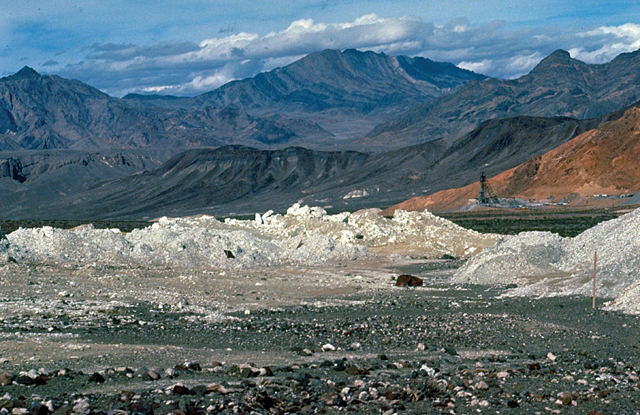
Boron Fertilizer Production
The positive effects of boron on the corn plant have been known since the beginning of the 20th century. Subsequent research confirms the positive effect of using boron fertilizers on broad bean and many field and garden crops. Boron is a micronutrient element. Moreover, it is the only element in the form of a neutral molecule within wide pH limits. Boron also has great benefits on the human immune system. It is involved in the metabolism of many mineral substances. Lack of boron is common in soils in various parts of the world. Boron uptake in plants is very low in soils with a pH of 7 and above.
What are the Causes of Boron Deficiency in Soils?
There are two common opinions about this issue:
- It occurs naturally due to the lack of boron mineral in the soil.
- It occurs with an increase in soil pH due to excessive calcification and unsuitable environmental conditions.
What are Boron Fertilizer Types?
For the reasons mentioned above, the production of boron fertilizer fills an important gap. Products that can be produced with boron fertilizer plant are listed below.
Boric Acid: It is applied by spraying especially on fruit trees and vegetables.
Borax: It is a salt of boric acid, sodium carbonate and sodium hydroxide. It is also called “sodium tetraborate decahydrate”. It is produced by purification and crystallization of the borate mineral. Borax generally contains 10.5-11.4% boron. Boron oxide content is 36.5%.
Borate Fertilizer: It is a salt of boric acid. It is possible to produce 2 types of fertilizers: Ortaborate and metaborate.
Colemanite: It is a poorly soluble calcium borate in water.
Boron Frits: Contains 2-10% boron. Besides boron, it can contain significant amounts of iron, manganese and copper. The residence time is long in the soil.
How Should Be The Use Of Boron Fertilizer?
The amount of boron to be applied to the soil depends on the following factors.
- The boron requirement of the plant.
- The way of applying fertilizer.
- Precipitation data.
- Calcification state.
- The amount of organic matter.
There are differences in field and garden plants in terms of boron needs. First, we can find the boron requirement of the plant from the literature, but this is not the only criterion. Boron tolerance of plants should also be evaluated simultaneously.
Generally, boron fertilizer is applied to the soil in field crops. Spraying method is preferred in perennial fruit trees. As a result, it is undesirable to increase the solution concentration above 1 percent in spray application. Thus, possible phytotoxicity problems are prevented by providing suitable concentrations.
Boron Fertilizer Production Plant
Genema; With more than 30 years of experience in the sector, it can establish boron fertilizer production facilities and offer turnkey solutions. The effective process design, which starts with the analysis of the structure of the existing minerals and the quantitative values, aims for maximum benefit.

